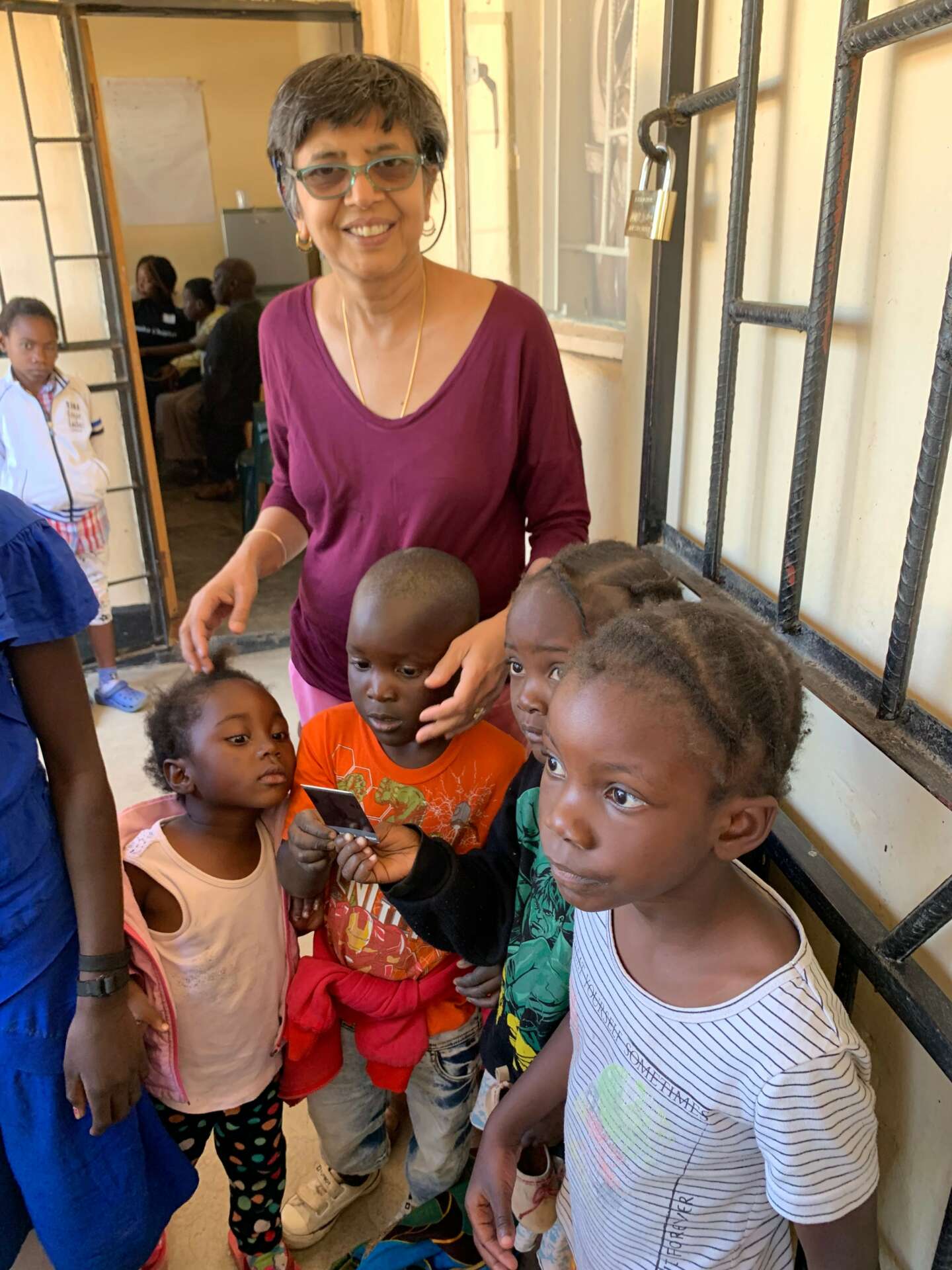We recently connected with Alka Subramanian and have shared our conversation below.
Alright, Alka thanks for taking the time to share your stories and insights with us today. Risk taking is something we’re really interested in and we’d love to hear the story of a risk you’ve taken.
We took a huge risk in early 2000’s when my husband and I quit our jobs and started working in healthcare provision for children living with HIV in Sub-Saharan Africa. In the early 2000’s, the AIDS pandemic was at its peak and thousands of adults and children were dying of AIDS related causes. The current pandemic is huge, but the AIDS pandemic was bigger. AIDS has claimed 40 million lives compared to COVID which has claimed around 7 million lives. Drugs to treat AIDS or ARV’s were very expensive and unaffordable for most people in Sub-Saharan Africa. Pediatric doses were not available. Children living with HIV had a life expectancy of less than four years without intervention. It is difficult to imagine the situation in those days. The problem was close to our hearts as our children were young at that time. We strongly believed that good quality health care should be available to all children irrespective of where they live. A friend of ours who had experience in the non-profit world, my husband who was a business executive, and I quit our jobs to start Power of Love with the idea of providing health care to children living with HIV.
The decision was sound, and we have no regrets. Over the last 18 years, our work has impacted hundreds of thousands of families, and we have never regretted the decision. We continue to learn and have made lifelong friends in Zambia and India.
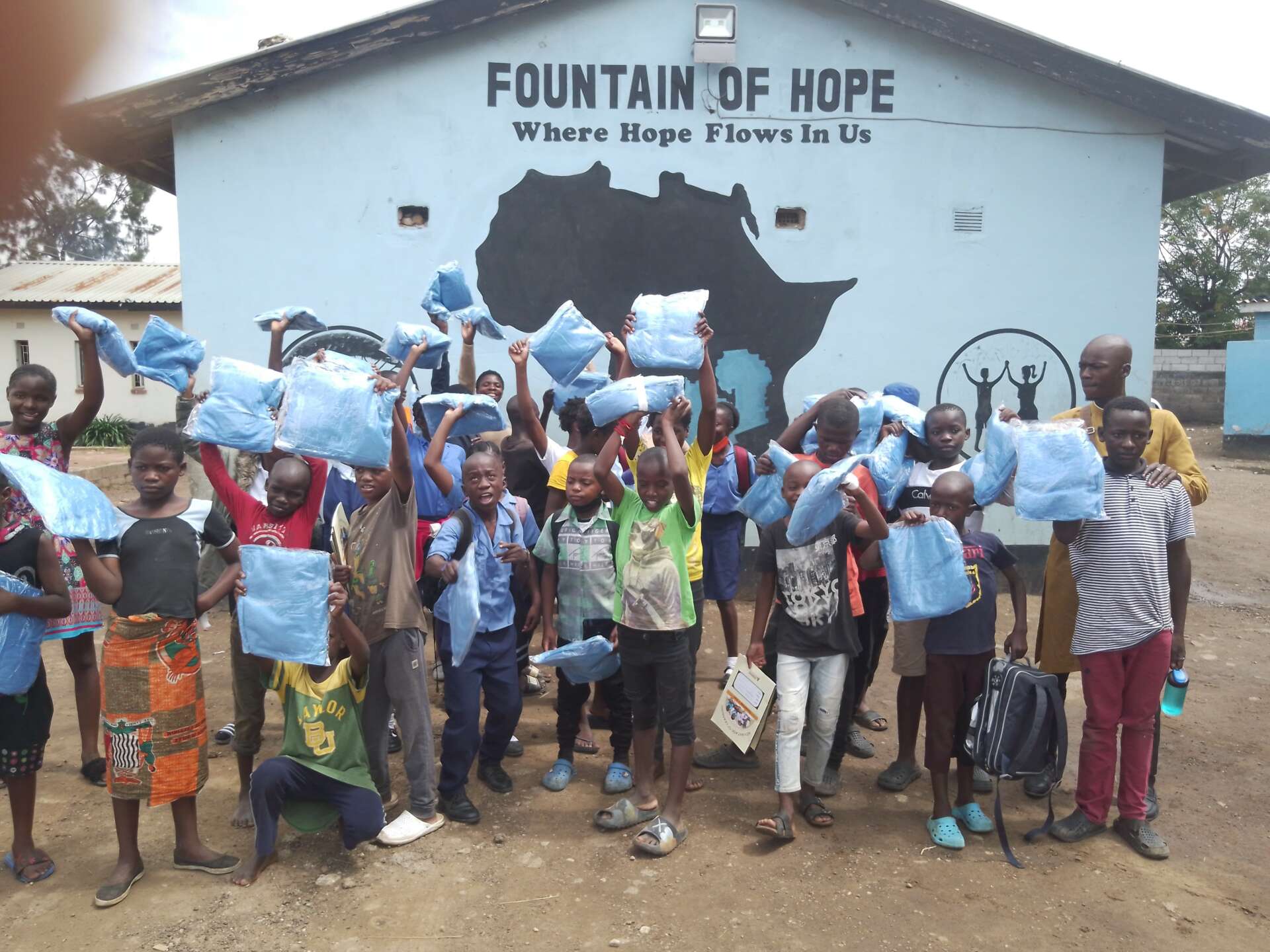
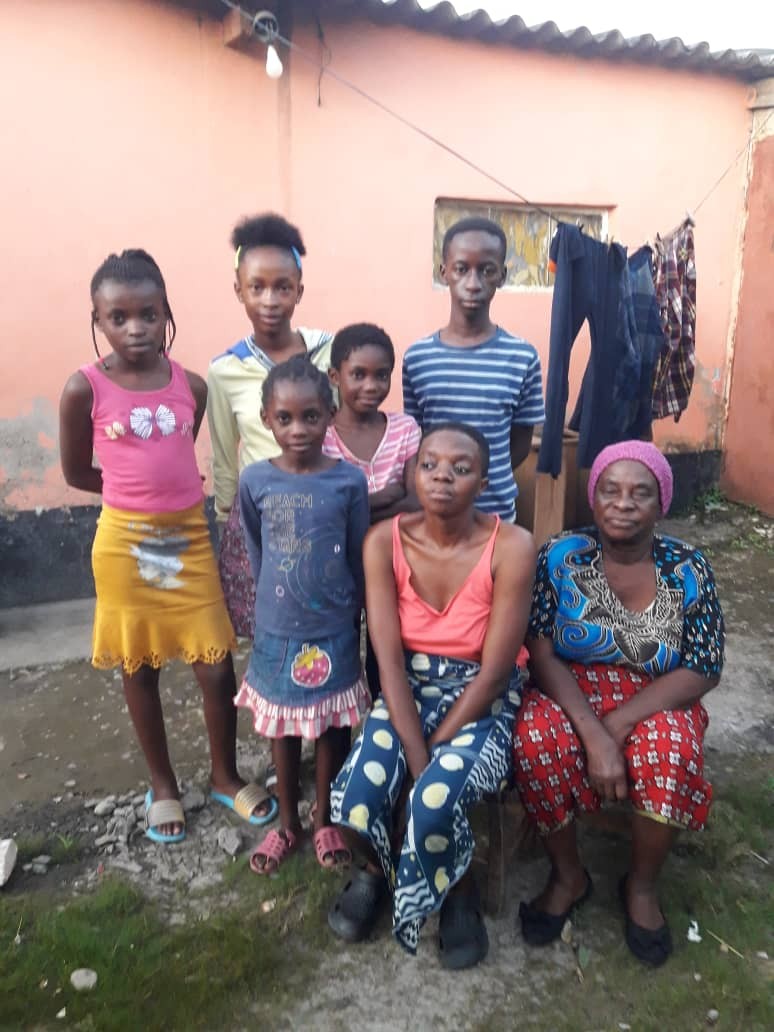
Alka, before we move on to more of these sorts of questions, can you take some time to bring our readers up to speed on you and what you do?
The focus of our work is provision of a comprehensive package of health care services to children living with HIV, and empowering vulnerable women in Zambia and India. Our organization builds models, finds innovative ways of solving social problems, and implements solutions. For example, we built and implemented a pediatric HIV care model to provide healthcare at a relatively low cost. Program activities target different family members, so families can be sustainable. Children living with HIV receive food, medicines, counselling, and education support. Family members receive training, counseling, and ongoing support. In addition, our women’s empowerment program provides business training and micro loans to women start businesses. Earnings from these businesses pay for food, rent, medicines, and school expenses. The result is healthier families, children in school, and stable household incomes. We have a proven record of success as our ground team works closely with churches, community leaders and organizations, and government health clinics.
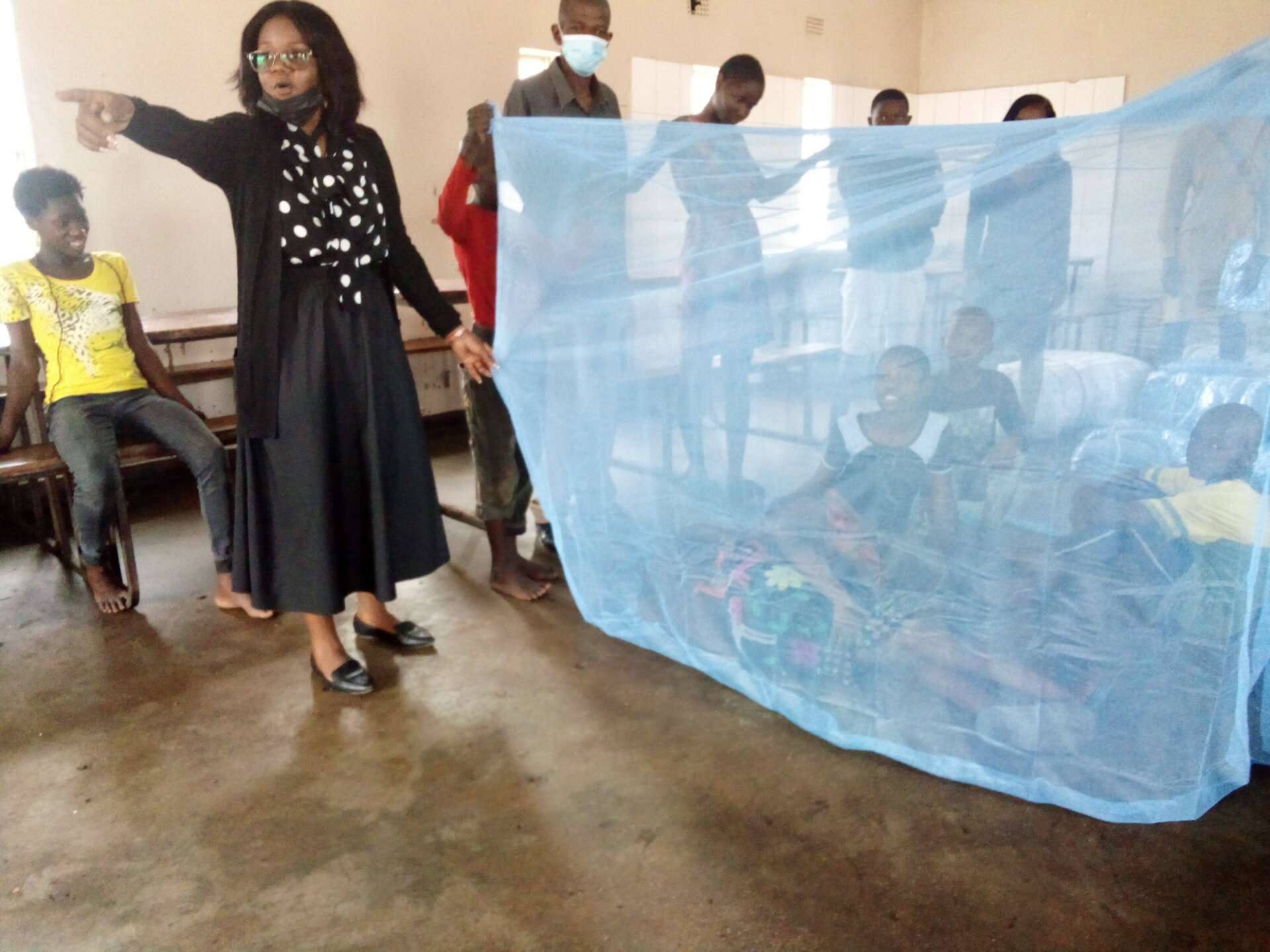
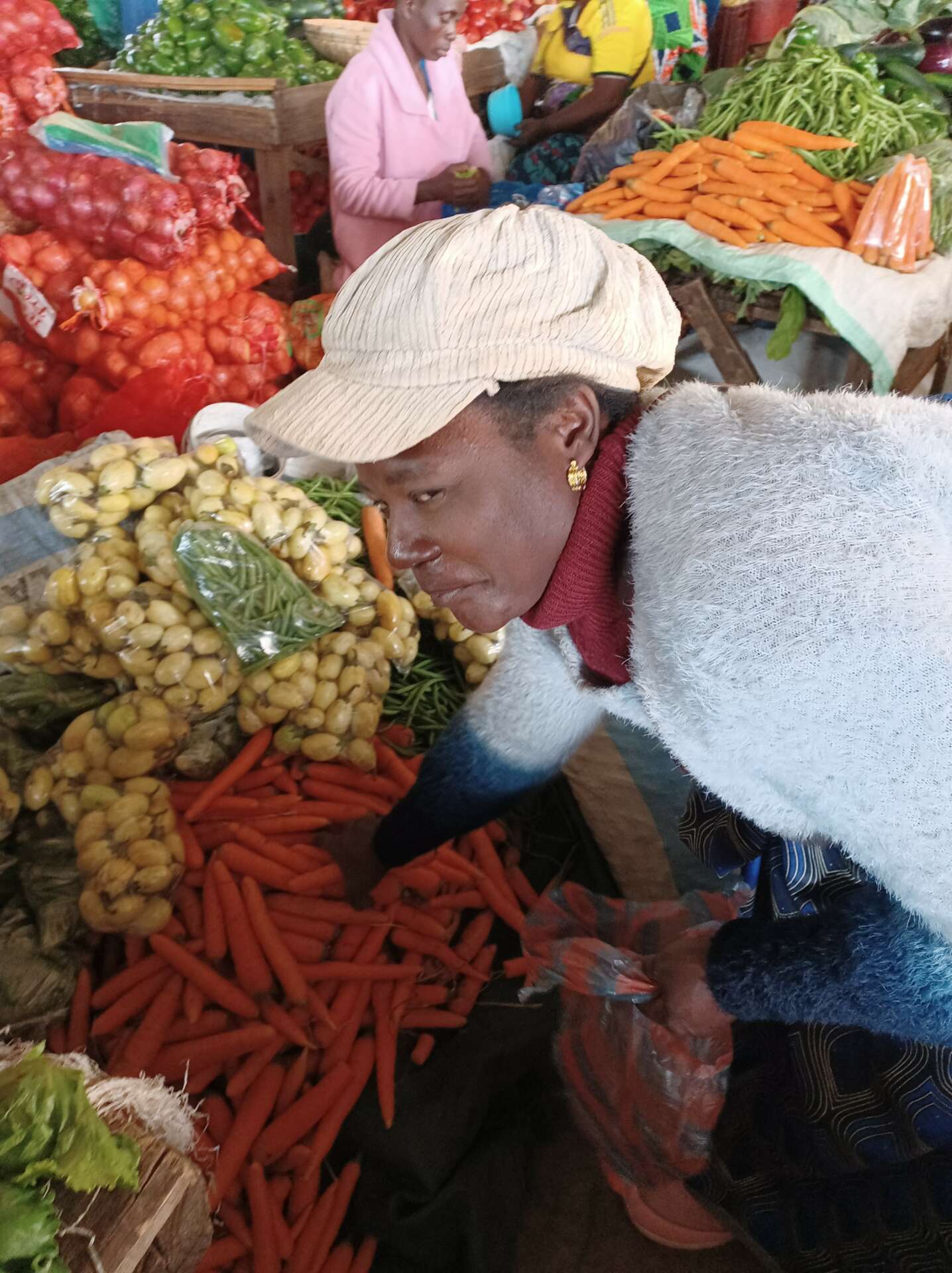
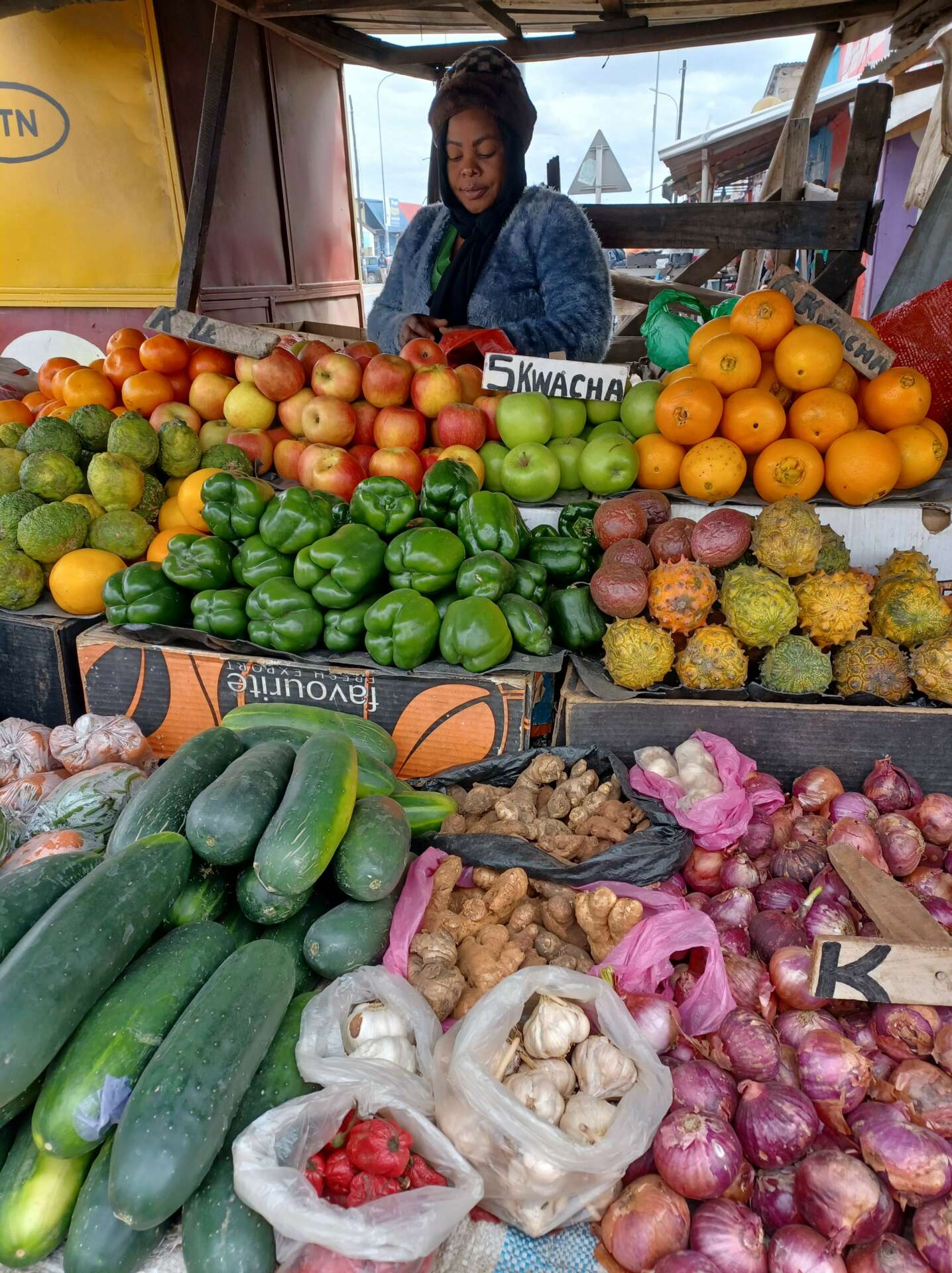
Let’s talk about resilience next – do you have a story you can share with us?
As you may know most non-profit charitable organization are dependent on grants and donations. In the initial years, our organization experienced difficulties in raising funds as we were building awareness regarding the importance and impact of our work. However, we were not discouraged and continued to expand services provided to vulnerable families. Information about impact and need was shared on the website and through a monthly newsletter. The result was that a few larger foundations and corporations encouraged us to apply for grant funding and revenues were stabilized.
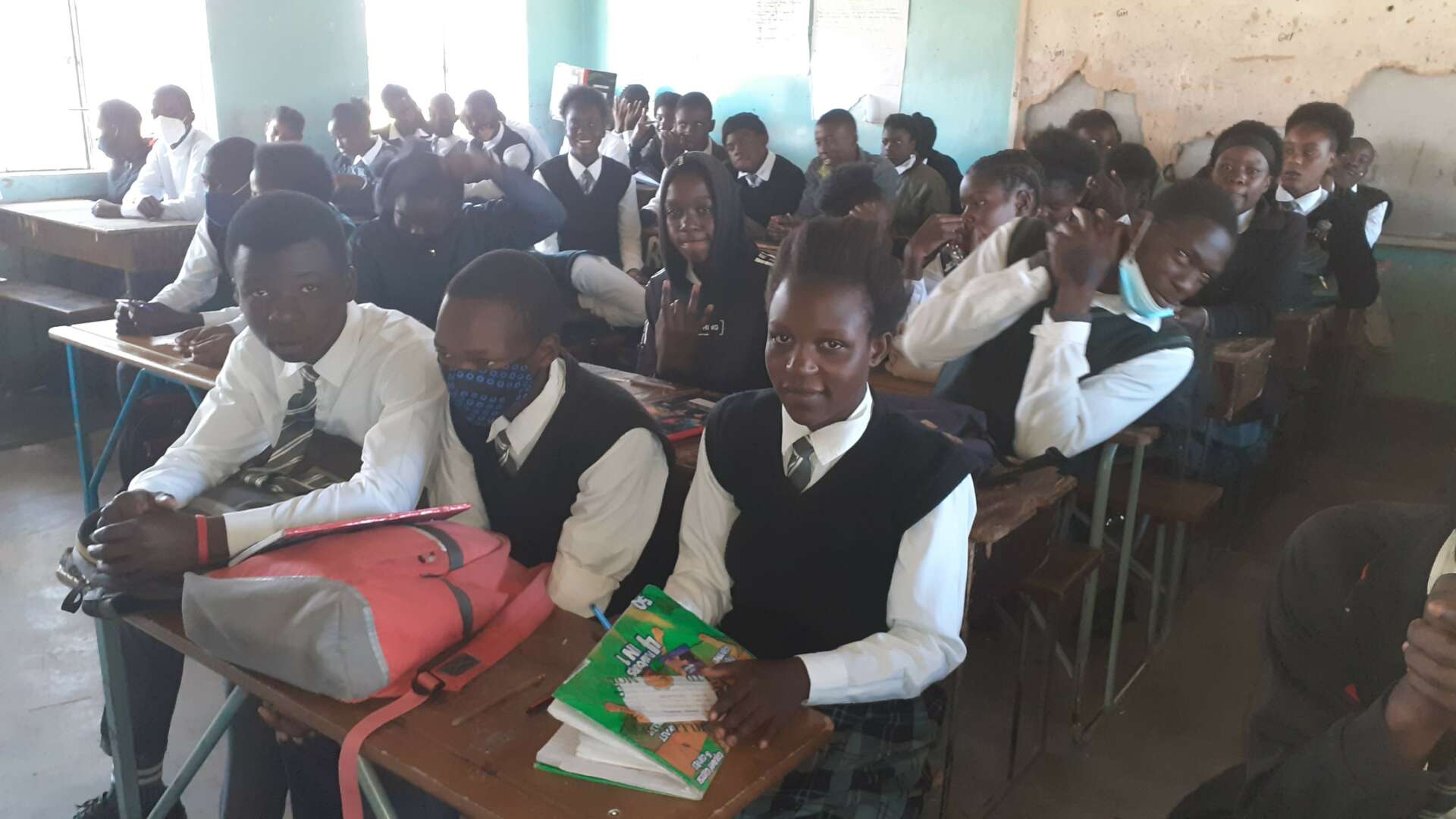
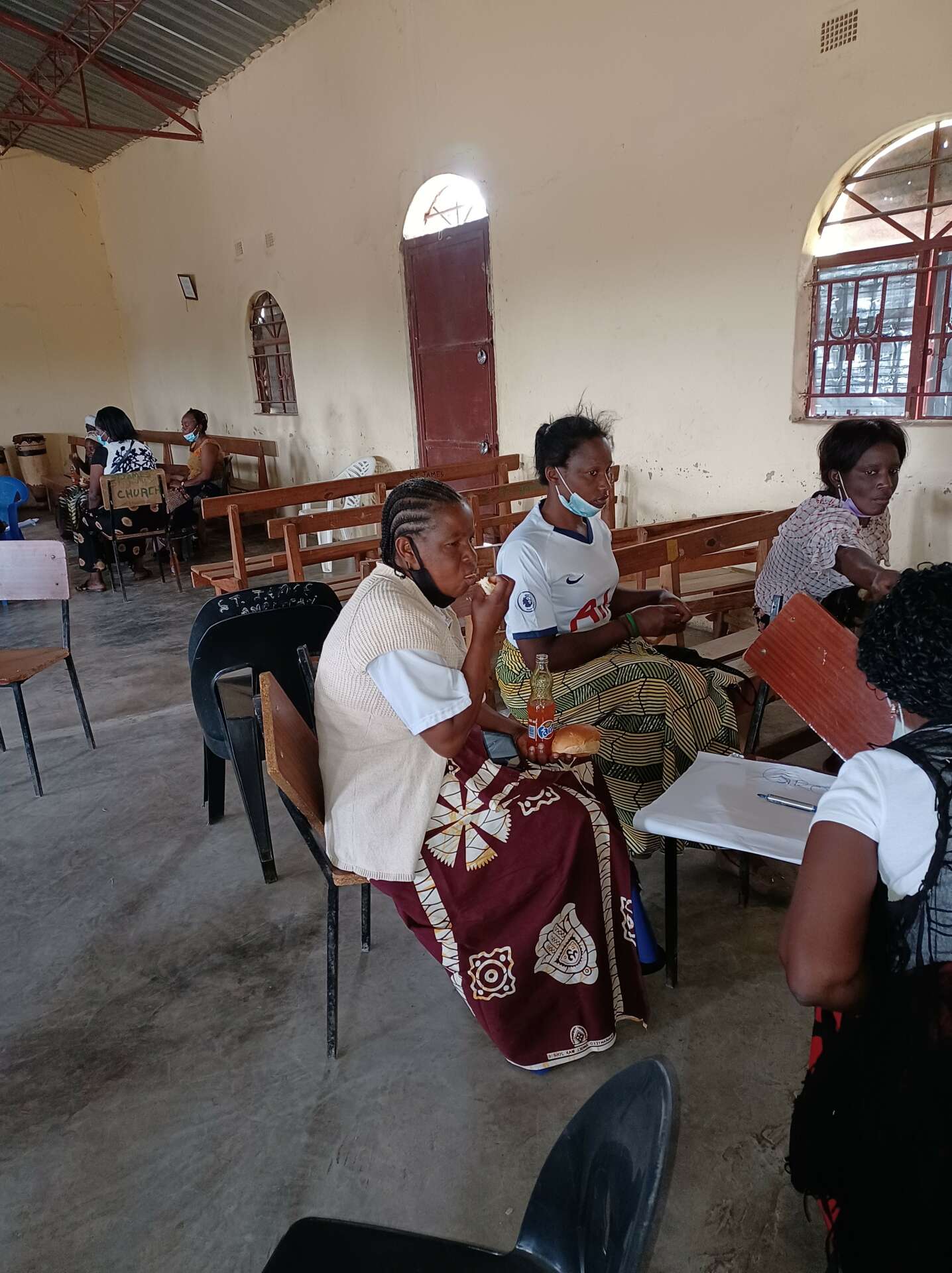
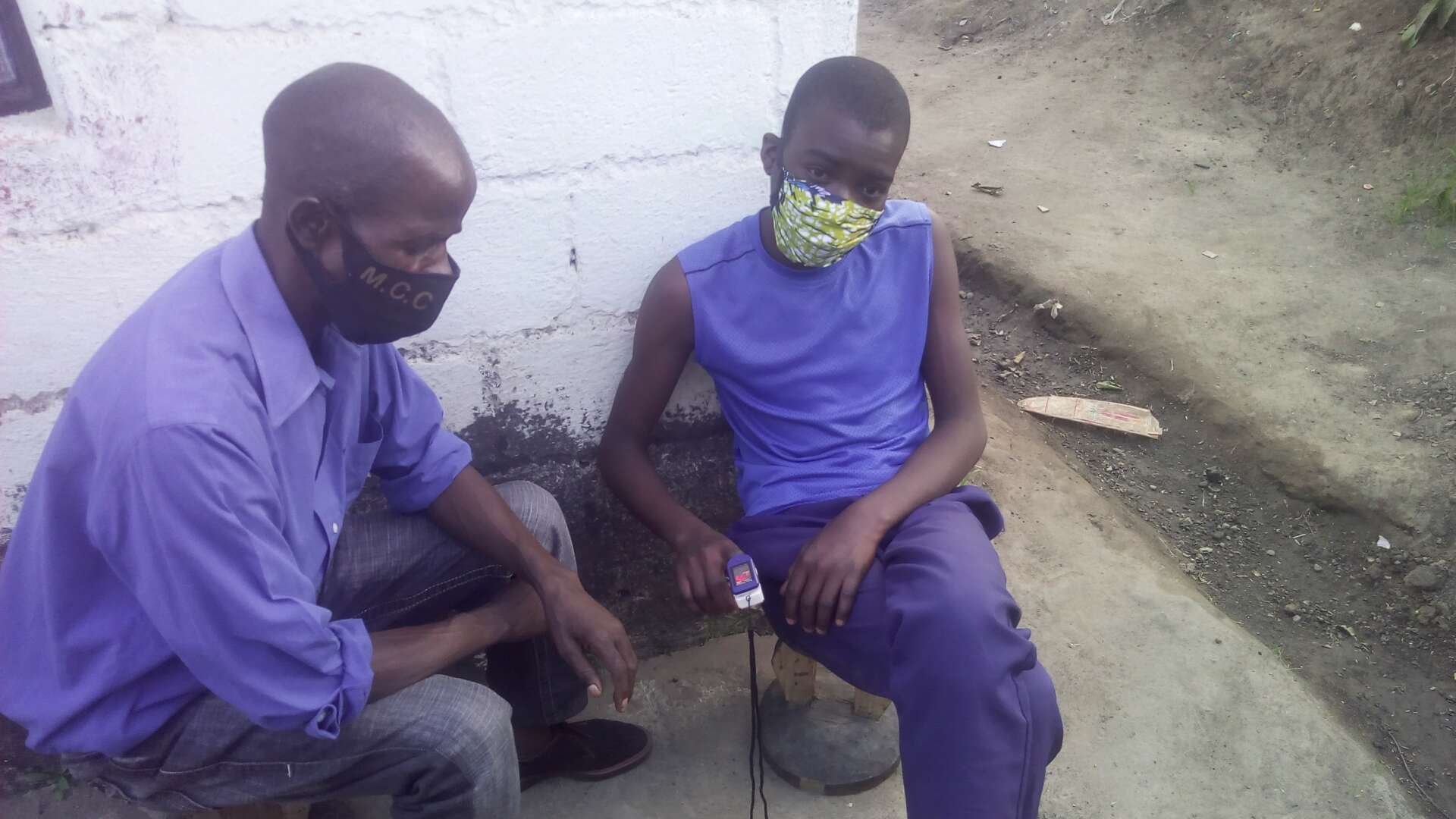
Learning and unlearning are both critical parts of growth – can you share a story of a time when you had to unlearn a lesson?
In the initial years, our plan was to build a small hospital for children who fell sick due to their HIV status. We believed these children needed a level of care that could be provided in a hospital setting. However, based on experience on the ground, we learned that most children living with HIV are prone to opportunistic infections that can be treated at home. Based on this learning, we developed a model that incorporated provision of training to family members in basic nursing and education in HIV. This ensured that the child would be under the care of a trained family member 24/7 and the family will have access to our healthcare team. This model has worked better for the families as they receive training and education, can share their knowledge with others in the community, the home environment is best for the child, and the cost of care per child is much lower. We now have a model of pediatric HIV care with excellent health outcomes at a relatively low cost. Further, this model is suited to the African culture and environment.
Contact Info:
- Website: www.poweroflove.org
- Instagram: https://www.instagram.com/poweroflove_org/
- Facebook: https://www.facebook.com/PowerofLoveFoundation/
- Linkedin: https://www.linkedin.com/company/pol-foundation/?viewAsMember=true
- Twitter: twitter.com/polfoundation
- Youtube: https://www.youtube.com/channel/UCiQ2nzBuDfbJg7LPNnS7-4w


